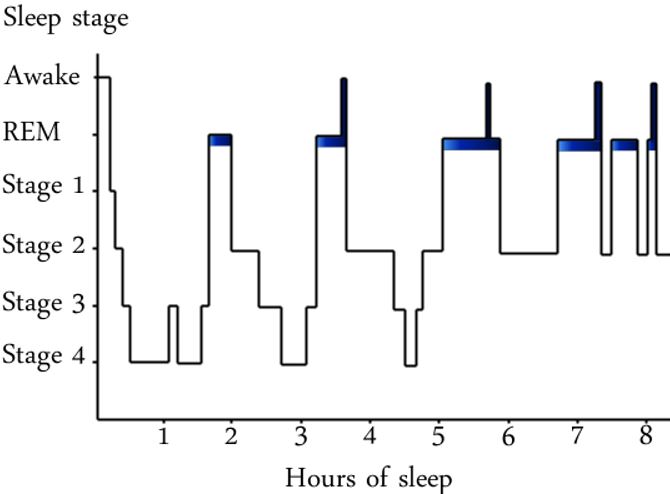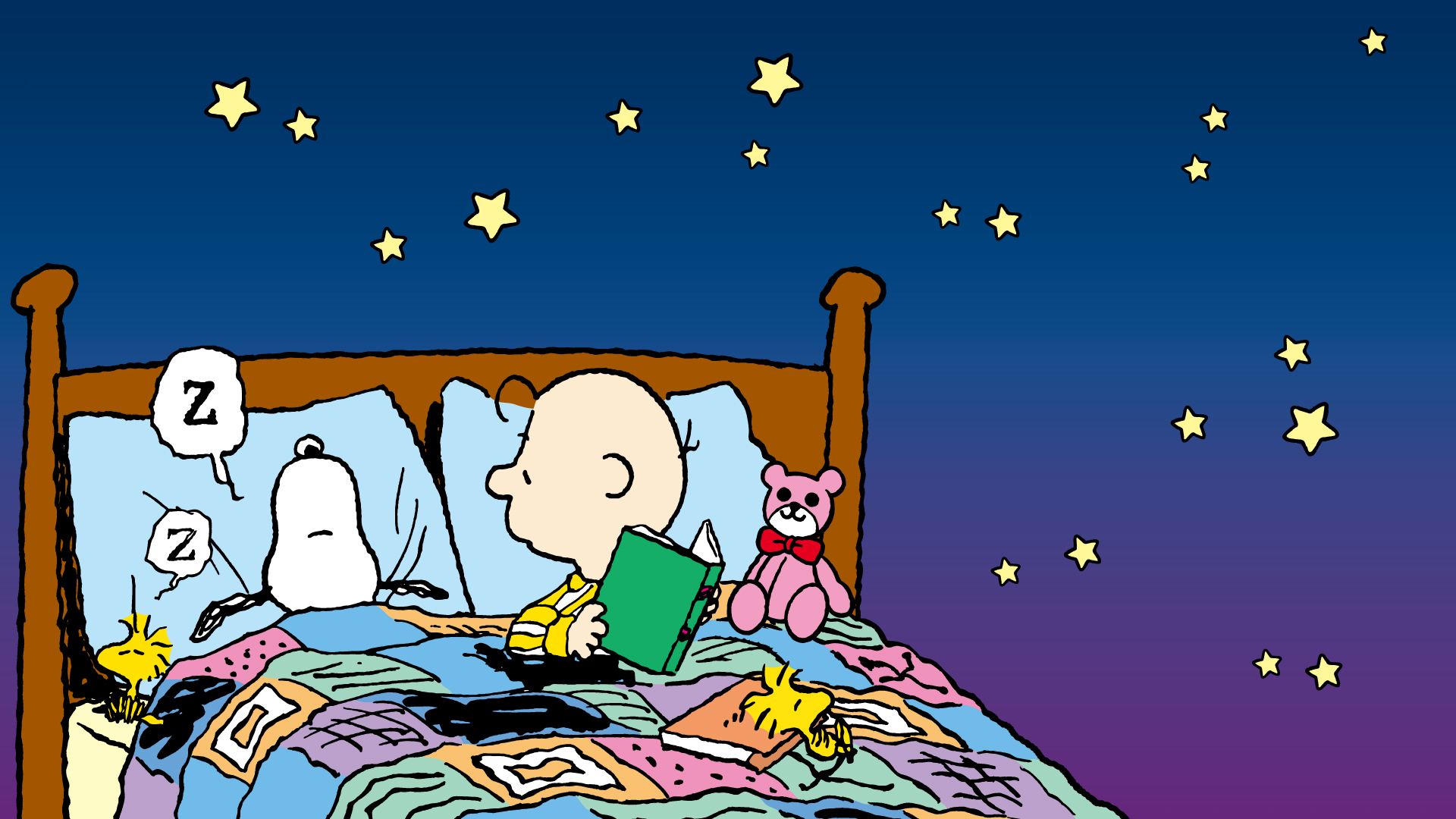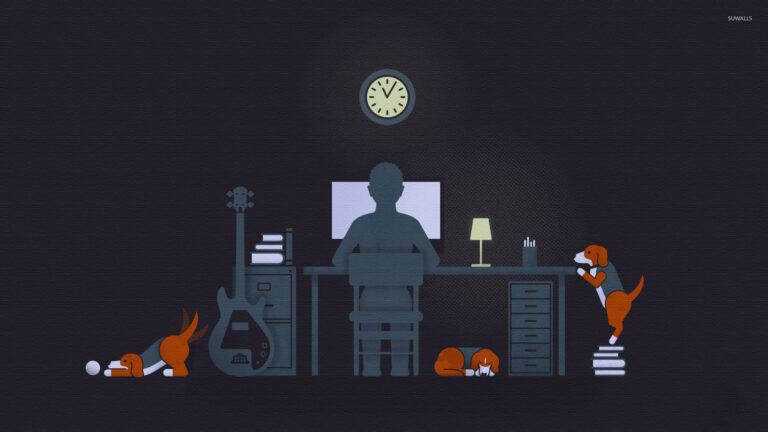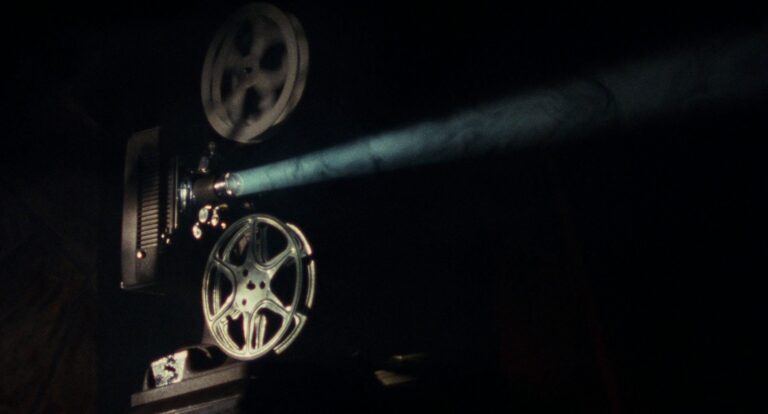Paradox Sleep: A Psychological and Biological Perspective
Sleep is considered to be one of the core functions of our body. We sleep to conserve energy and to regulate our behaviors. In addition to these functions, several recuperative activities may be accompanied along with our sleep. One such activity is rapid eye movement (REM) or paradox sleep, which is also known as paradoxical sleep. The role of rapid eye movement during sleep remains a mystery to most researchers. This article will provide you a clear understanding of both the psychological and biological perspectives of REM sleep. Let us quickly dive into the topic to know more about paradoxical sleep.

Dreaming and REM sleep
Dreaming is a very old concept and it dates back to several centuries in terms of scientific investigation. The discovery can be viewed from a psychological perspective and linked to humans that could be found in most mammals. Interestingly, animals dream as well. REM sleep is considered to be a regular rhythm that has a duration of the cycle and is positively linked with the brain mass and the body of the human.
The researchers also found that there are people who wake up a few minutes after REM sleep mode and have not reported dreaming. The finding typically means that the rapid forgetting of dreams happens to most human beings.
Humans have a huge amount of paradoxical sleep. They could even experience similar dreams to that of adults. Children who are under the age of 6 can recall the dream from Aryan awakenings up to 30%. And for those under the age of 11 can recall the dream up to 80%.
We have also heard stories in our literature and art linking dreams to prophetic and divine messages. There are more than thirty thousand varieties and types of dreams that emphasize prophetic meaning in Greek mythology.
The famous Greek philosopher Aristotle rejected the idea of dreams as prophetic messages. According to him, dreams are sensations that occurred in the absence of perception. Even during the contemporary Era there are controversies over dreams and have been disputed by many scholars.
Learn more about the types of sleep.
What does our body do during paradoxical sleep?
Paradoxical is a word that has been overused in sleep medicine. Paradoxical sleep is one of the main functions of sleep that includes rapid eye movements (REM). If there are any disorders related to sleep during this stage, then it is called paradoxical insomnia.
Paradoxical sleep is also known as dreaming sleep or REM sleep. It is a distinct stage of sleep in which a human body experiences sleep beauty in the brain, especially in the midbrain and the forebrain.
Paradoxical sleep is a state in which muscles are relieved of tension and our bodies don’t act to our dreams. This typically means that Paradoxical sleep, even though is a brain activity, keeps our body completely inactive. Paradoxical sleep consumes a large amount of energy, but the brain remains active during REM sleep mode.
Does paradoxical sleep enhance creativity?
When you wake up from REM sleep, your mind becomes hyper associative, which is more receptive to semantic priming. Researchers have proven that people who woke up from RM sleep have performed better on activities like problem solving and anagrams. We all know the fact that sleep helps in the process of improving creativity. Power naps are great to enhance your creative skills.
Paradoxical sleep predominantly happens in the morning and it occurs cyclically numerous times during your sleep. It often consists of small portions of your sleep cycle.
How does paradoxical sleep help in improving memory power?
Paradoxical sleep aids different types of memories like spatial memory, emotional memory, and procedural memory. According to the study conducted by the researcher’s REM sleep was found to increase intensive learning. It has been proven that REM improves memories that pertain to the learning process.
Paradoxical sleep also includes movement of the body in different ways like Trampoline jumping and different techniques of cracking creative problems. Interestingly, paradoxical sleep deprivation does not affect or interfere with your memory. For instance, a person with no paradoxical sleep did not find any memory to be impaired.
Paradoxical sleep also counteracts to suppress certain memories. During paradoxical sleep, only relevant memories are strengthened while the distractions and the noises disintegrate from the memory traces. The consolidation of memories in paradoxical sleep is directly correlated to the rapid eye movements that do not occur regularly.
Few facts on paradox sleep
- During paradox sleep, the function of a brain is almost acting as if we are awake.
- Paradox sleep is a phase of sleep wherein your breathing activity can become irregular and fast.
- Paradox sleep is considered to be a phase that helps to consolidate all of your memories.
- The amount of paradox sleep reduces when you consume alcohol before going to bed.
- People who have paradox sleep disorders will behave or react out of their dreams which require proper medical treatment.
What are the changes undergone by your brain and body during paradox sleep?
In most people, paradox sleep is like a moment of temporary paralysis that the body experiences. This is because our brain signals a frozen movement for our legs and arms. During paradox sleep or REM sleep your brain and body undergo several changes which are mentioned below:
- Increase in your heart rate, especially during the day time
- Body experiences irregular and fast breathing
- Increase in blood pressure
- A shift in the body temperature
- Rapid movement in your eyes
- Increase in the level of oxygen consumption by your brain.
- Twitching of your limbs and face while sleeping.
- Sexual arousal irrespective of the gender
Disadvantages of lack of paradox sleep
Lack of paradox sleep has been associated with several disadvantages which are as follows:
- Migraines
People who often get migraines may be experiencing a lack of paradox sleep directly linked to REM. Those experiencing migraines can seek medical help to have a proper Paradox sleep.
- Reduction in coping skills
Researchers have exhibited that living beings who lack paradox sleep to certain abnormalities when it comes to defensive actions and coping mechanisms in situations that are scary and threatening.
- Increase in weight
Children and adolescents who experience a lack of paradox leaves are found to have excess weight within a short duration of time. Short sleep is directly associated with weight gain. Children under the age of ten require more amount of sleep when compared to adults.
Hope this article has given you clarity on paradox sleep. You can also consciously improvise your paradox or REM sleep. All you have to do is establish a proper bedtime routine by preparing your mind and body for good sleep. It is better to avoid waking up frequently in the night so that it won’t interrupt your sleep, giving you an effective rapid eye movement. Keep in mind that if you are facing any medical conditions like sleep apnea, it is better to seek proper medical advice. Ensure not to consume alcohol before you go to bed as it can seriously affect your REM. Paradox sleep helps you to improve memory power, defensive skills, and overall brain health.







